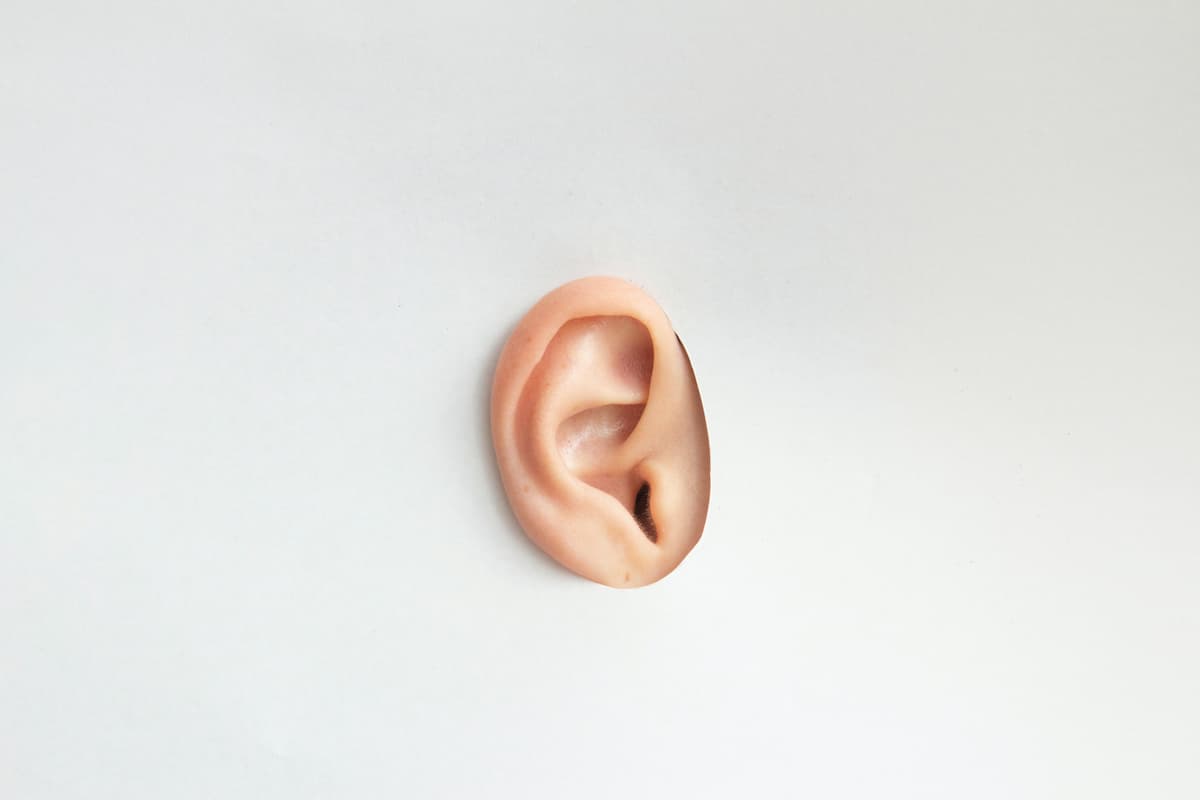People pay too much attention to the face when trying to read other people’s emotions.
People read the emotions of others more accurately without looking at their faces, a study finds.
Empathising is stronger when people concentrate on listening rather than looking, the series of experiments involving over 1,800 people has found.
The result could be because people are better at hiding emotions from their faces than their voices.
Dr Michael Kraus, the study’s author, said:
“Social and biological sciences over the years have demonstrated the profound desire of individuals to connect with others and the array of skills people possess to discern emotions or intentions.
But, in the presence of both will and skill, people often inaccurately perceive others’ emotions.
Our research suggests that relying on a combination of vocal and facial cues, or solely facial cues, may not be the best strategy for accurately recognizing the emotions or intentions of others.”
In the experiments, people were trying to empathise with others.
However, sometimes people looked and listened, while sometimes they were just looking or just listening.
Time and time again, it was just listening that proved the most accurate way of telling what someone else was feeling.
Dr Kraus said:
“I think when examining these findings relative to how psychologists have studied emotion, these results might be surprising.
Many tests of emotional intelligence rely on accurate perceptions of faces.
What we find here is that perhaps people are paying too much attention to the face — the voice might have much of the content necessary to perceive others’ internal states accurately.
The findings suggest that we should be focusing more on studying vocalizations of emotion.”
Dr Kraus thinks another factor in why emotions are easier to read in the voice is that listening and watching together are complex tasks.
Sometimes it is easier — and more effective — to focus all your attention on one channel.
Whatever the reason, Dr Kraus said, listening is more important than we often realise:
“Listening matters.
Actually considering what people are saying and the ways in which they say it can, I believe, lead to improved understanding of others at work or in your personal relationships.”
The study was published in the journal American Psychologist (Kraus, 2017).

